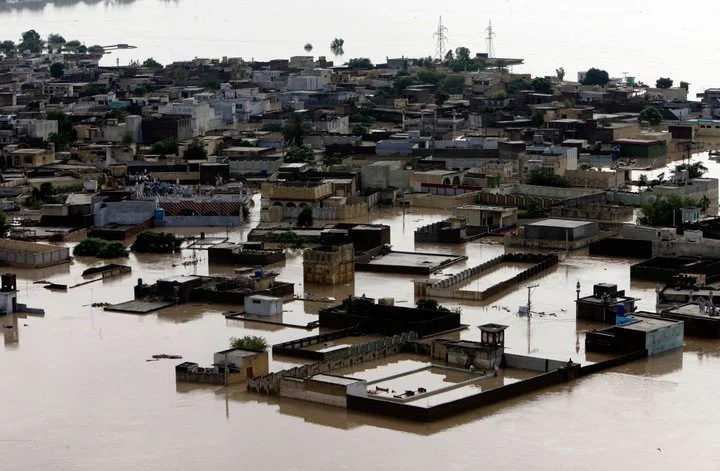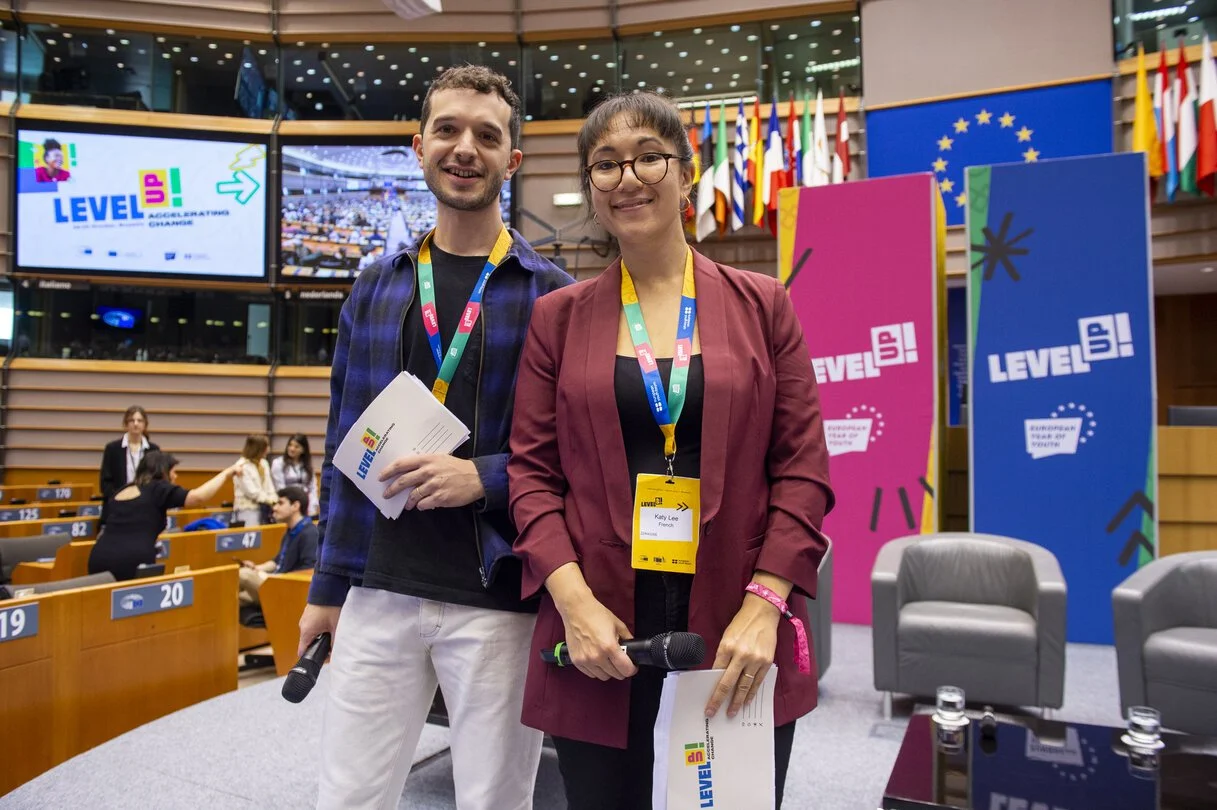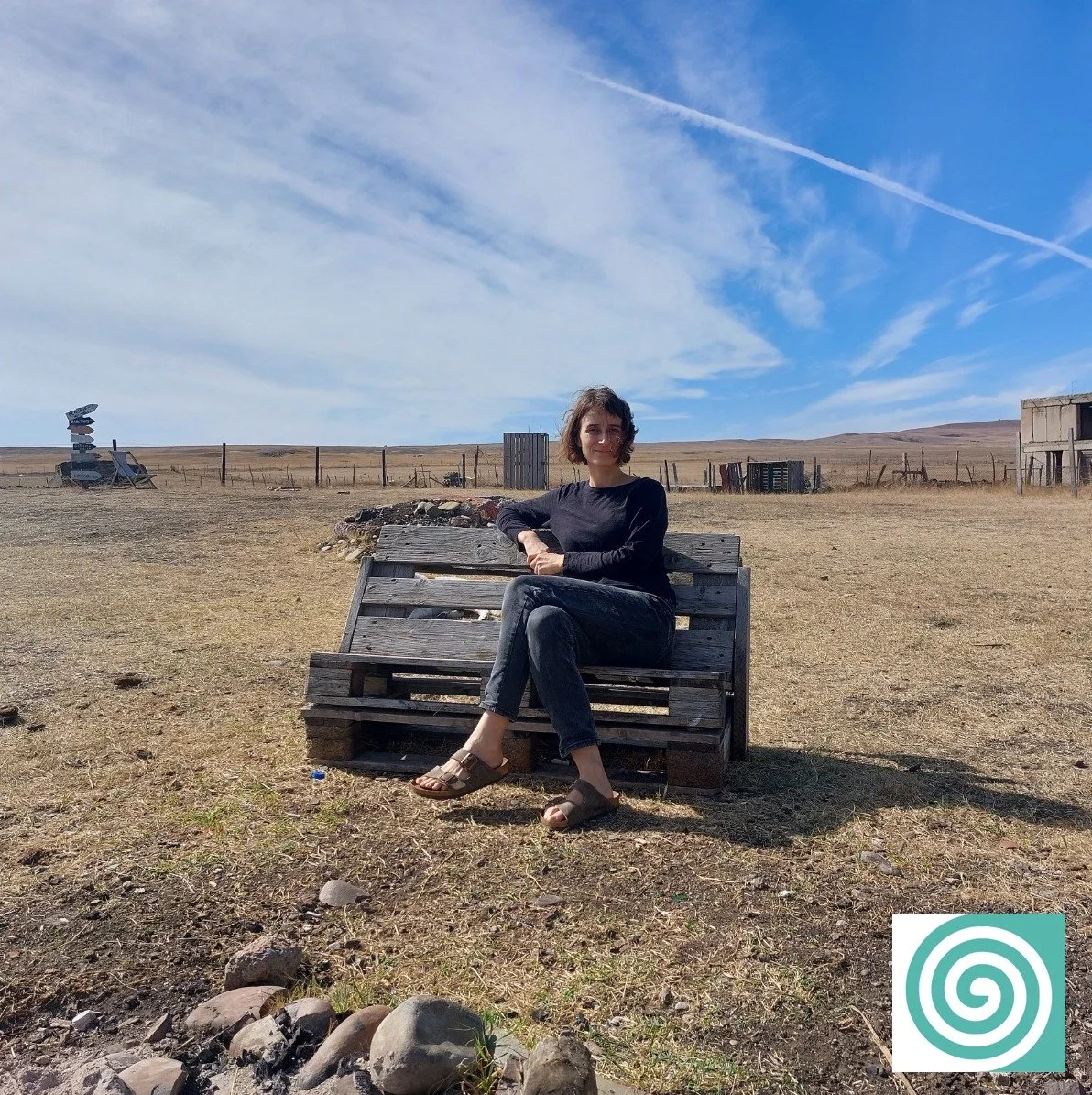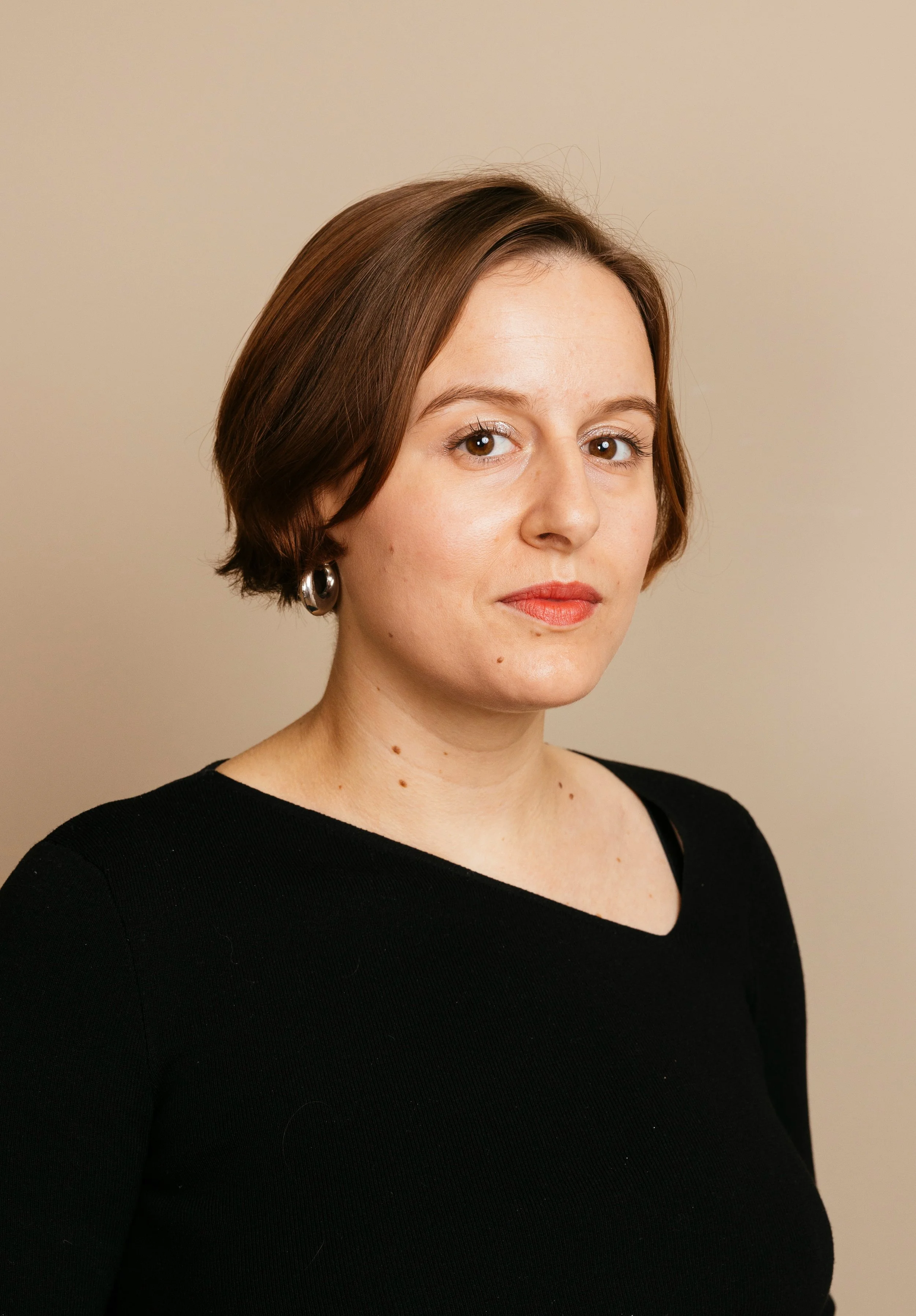The dark side of fine dining
When legendary Copenhagen restaurant Noma announced that it's planning to close its doors, its star chef René Redzepi said that producing his kind of elite cuisine had become 'unsustainable'. The restaurant, and others like it, have faced vocal criticism over working practices ranging from exploitative unpaid internships to gruelling 16-hour days. This week we speak to Lisa Lind Dunbar, an industry veteran and critic of Denmark's restaurant working culture, to try to understand how fine dining went so wrong. We're also talking about Polish bison, why Turkey is blocking Sweden's NATO bid, and the Irish president's vision of a blissfully homework-free childhood.
Merry Christmas And A Penis Morning To You
It's our final episode of 2022! This week we're getting into the festive spirit with Berlin-based historian Kathrin Schwarz, creator of an entire series of Christmassy European podcasts. We're also talking about Belgium's Sinterklaas postal failure, and why a 1970s Eurovision hit has gone viral in Ukraine.
The Surprising Queer History of Poland
In 1932, Poland became one of the first countries in Europe to decriminalise homosexuality; today it's one of the most hostile on the continent when it comes to LGBTQ rights. This week historian Kamil Karczewski joins us to discuss Poland's little-known history as a queer pioneer, and what has changed since. We're also talking about France's crackdown on domestic flights and Ireland's amazingly successful experiment with the four-day week. Oh, and we pay a visit to the EU metaverse, so that you don't have to.
Is China trying to police people in Europe?
When reports emerged of Chinese 'police service stations' operating in Europe, alarm bells began ringing across the continent. But what exactly is going on at these sites, and how worried should we be about them? This week we ring Yuan Yang, Europe-China correspondent at the Financial Times, to get a better understanding of how China works beyond its borders. We're also talking about Viktor Orbán's controversial scarf and the right not to be 'fun' at work.
Good Five Years, Bad Five Years
The first episode of The Europeans aired five years ago this week! To mark this very special occasion, producers Katz and Wojciech join Katy and Dominic to look back on how Europe has changed in the half-decade we've been making this podcast.
Fleeing climate change
As the COP27 climate talks wrap up in Egypt, we’re turning our attention to an issue that got less attention at the summit than you might expect: the growing number of people having to flee their homes as a result of climate change. What role does Europe have to play in all this, both in terms of finding solutions and as a major driver of climate change in the first place? This week we find out with the help of Alexandre Porteret of the European Commission’s Civil Protection and Humanitarian Aid Operations department, and François Gemenne of the Hugo Laboratory, the world’s first interdisciplinary research centre focusing on how climate change impacts migration.
Take your time in Barcelona
This week we're wrestling with a big idea: time, and the lack of it. Most Europeans have experienced burnout, or felt close to it, at some point in their lives. What if we redesigned policies to give citizens their time back?
The one where we take over the European Parliament
Last weekend, we took over the European Parliament (kind of) along with more than 1,000 young activists from across the continent. This week we hear from some of those activists as well as from President Roberta Metsola, in a conversation recorded live on stage inside the Hemicycle. We're also talking about Germany's plans to legalise cannabis, and how to steal a Polish tram.
Hacked by Hungary
What does it feel like to know that your government has been able to access every single message on your phone? Last year, the Hungarian investigative journalist Szabolcs Panyi found out that he'd been hacked using Pegasus spyware. This week we hear about his latest investigation, which looks at how the Orbán government managed to get hold of this incredibly powerful surveillance tool in the first place. We're also talking about last weekend's mysterious German train sabotage and growing European protests against World Cup hosts Qatar.
Golden passports, anal beads, and the world's most complicated elections
With fourteen governments and a three-person presidency, Bosnia and Herzegovina's political system is often described as the most complicated in the world. It's a system that was designed to keep the peace after a devastating war. But three decades on, is it still working? This week we give Aleksandar Brezar the near-impossible task of untangling the weekend's elections for us. We're also talking about Malta's golden passports and a chess scandal involving anal beads. Yes, you heard that correctly.
What the hell just happened in Italy?
This week saw a political earthquake in Italy — albeit one that had been widely predicted. With Giorgia Meloni's far-right Brothers of Italy poised to lead the new government, just how scared should we be? We ring up the philosopher Lorenzo Marsili to help us understand what just happened. We're also talking about fair pensions for Swiss women, and a Spanish lagoon that can now call itself a person.
The joys of the early internet
Between those of us who grew up before the internet and those who've never known a world without it, there's a generation of people who came of age *with* the web. This week we chat to the French-Moroccan journalist Marie Le Conte about 'Escape', a book that reflects on the vibrant, chaotic days of the early internet and what has changed since then. We're also talking about Viktor Orbán's money woes and why psychiatrists in Brussels are prescribing museum visits for mental health.
Episode 200! Sweden's elections and a guy who used to run a country
We're back after our summer break, and celebrating a milestone this week: our 200th episode! To mark the occasion, we're joined by a special guest, former Finnish prime minister Alexander Stubb. We're also talking about Sweden's election, an ill-advised decision by Bosnian football bosses, and how sheep can help to fight forest fires.
Bad laws and feta wars
In the final episode before our summer break, we dive into a cheese-based conflict between Greece and Denmark and a homophobic Hungarian law that is finally being challenged by the EU in court. Plus, we ring up Una Hajdari, roaming reporter in the Western Balkans, to try to untangle why North Macedonia has had such a rough ride on its path to EU membership.
Farmers, fossils and files
Russia's assault on Ukraine is driving a global food crisis, and there are calls for Europe to dramatically increase its own supplies in response. But can we do that without damaging the environment? This week we speak to former EU environment commissioner Janez Potočnik about how to ensure our food security without sacrificing ambitious climate and biodiversity plans. We're also talking about the #UberFiles, Slovenia's move to legalise same-sex marriage, and an extremely old Spaniard.
The bigger the better?
Ukraine and Moldova have been granted candidate status to join the EU. It's a major moment in the messy process of knitting this continent together — but is a bigger European Union automatically a better one? This week we chat to Dr. Ilke Toygür about what this all means for Ukraine, Moldova and the EU itself. We're also talking about Venice's new entry fee for day-trippers, sexy Swedish waste disposal, and why Greece and Turkey are fighting over a made-up word.
Your Face Looks Familiar
More and more European police forces are using facial recognition technology. Under an EU proposal they'd be able to share access to the millions of images they've collected – creating what critics say amounts to one of the most extensive biometric surveillance systems in the world. This week we speak to Domen Savič, head of Slovenian digital rights NGO Državljan D (Citizen D), about the tricky balance between fighting crime and protecting our privacy. We're also talking about Seville's plans to name its heatwaves and the French response to the US Supreme Court's abortion ruling. Plus, a recording of Dominic's doorbell disaster.
It takes more than two, baby
When Remco Yizhak Cooremans moved home to the Netherlands after many years abroad, the authorities told him something shocking: his son wasn't legally his son. This week, we hear about Dutch plans to bring the law up to date with the realities of 21st-century parenting. We're also talking about Roman trash and minimum wages you can actually live on.











